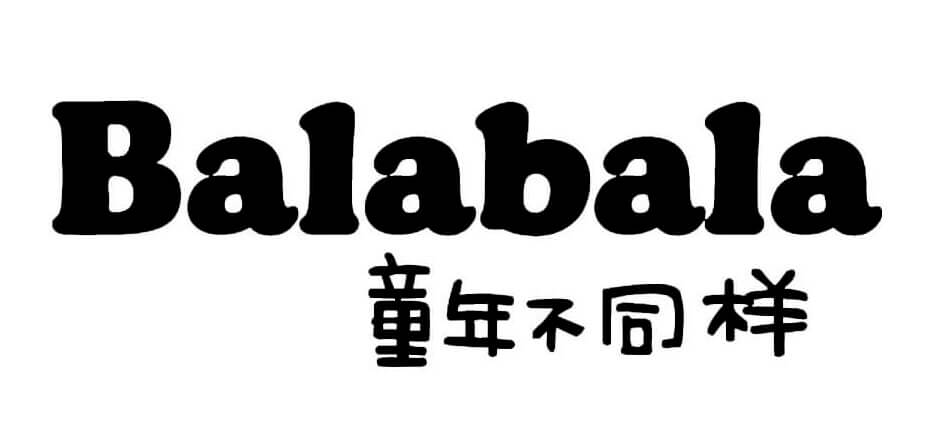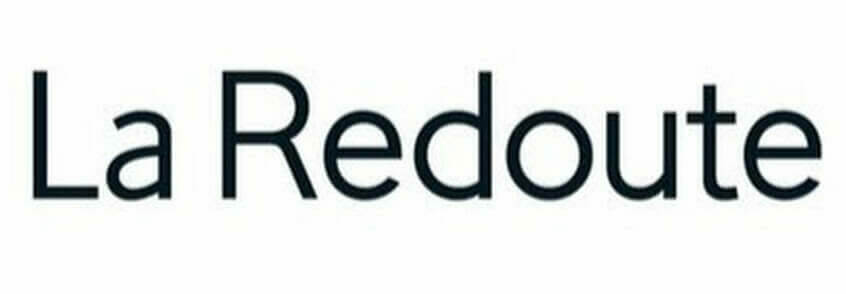The current crisis questions the functions of design and the abundance of decoration products. How can these creative fields and the role of designers be given new meaning? Answers with Aurélia Paoli, founder of Beauregard, a design studio for custom-made decorative materials, cement tiles, digital stained glass and wallpaper.
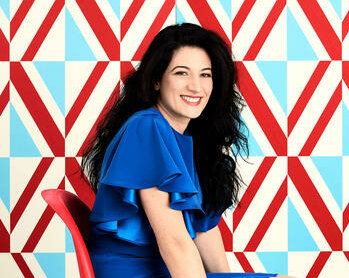
images courtesy of Beauregard Studio.
Sandrine Maggiani: How do you analyse the “design and decoration sector” and what creative steps led you to set up your studio?
Aurélia Paoli: Design is Beauregard Studio‘s DNA. Founding my design studio has enabled me to give a new perspective to our Decorative Arts which are still disregarded in France and in some countries, and to rethink production systems by proposing and launching my creations “independently” because few companies call upon the services of designers.
Sometimes they simply apply a strategy that has already been tried and tested on the market, or even copy successful products. Thanks to certain institutions such as the APCI, the VIA or the Designer Box Marketplace, design is valued and supported.
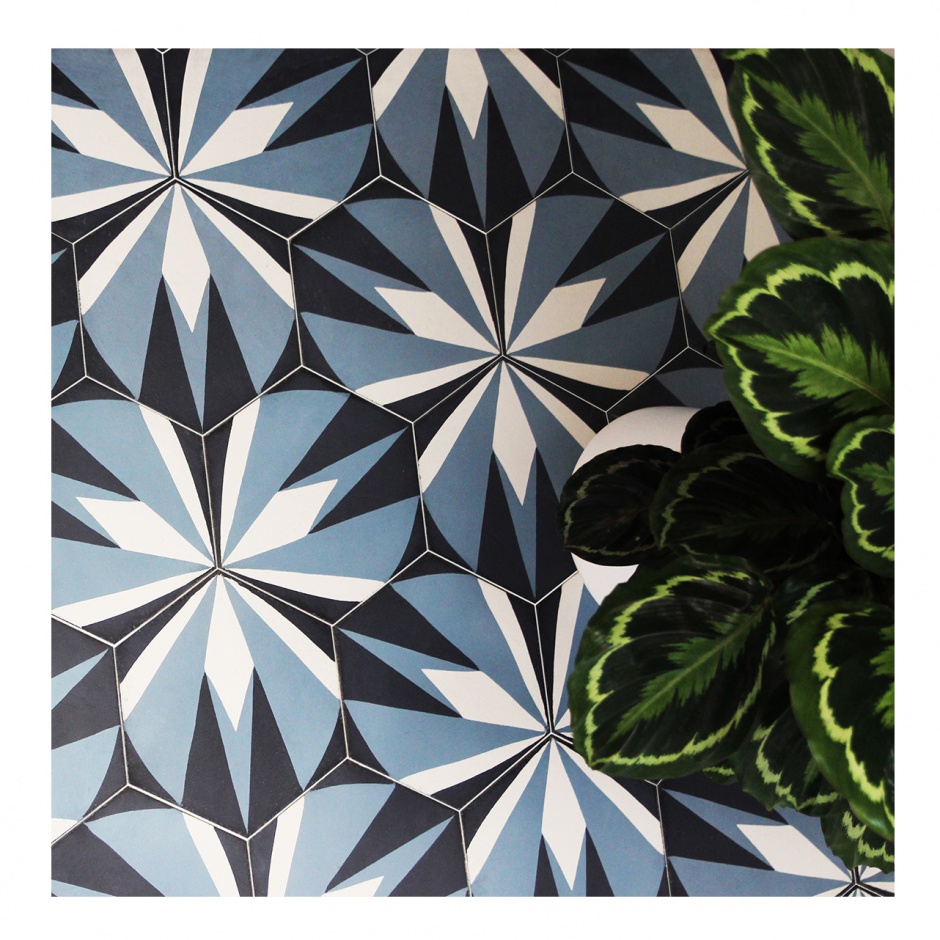
SM: You mentioned the need to launch ” self-edited collections ” in order to exist, how much importance do you give to collaboration?
AP: Even if the project starts from a personal vision, collaboration is essential in a sector where the object never exists alone because it is linked to systems of functionality, manufacturing, aesthetics or distribution.
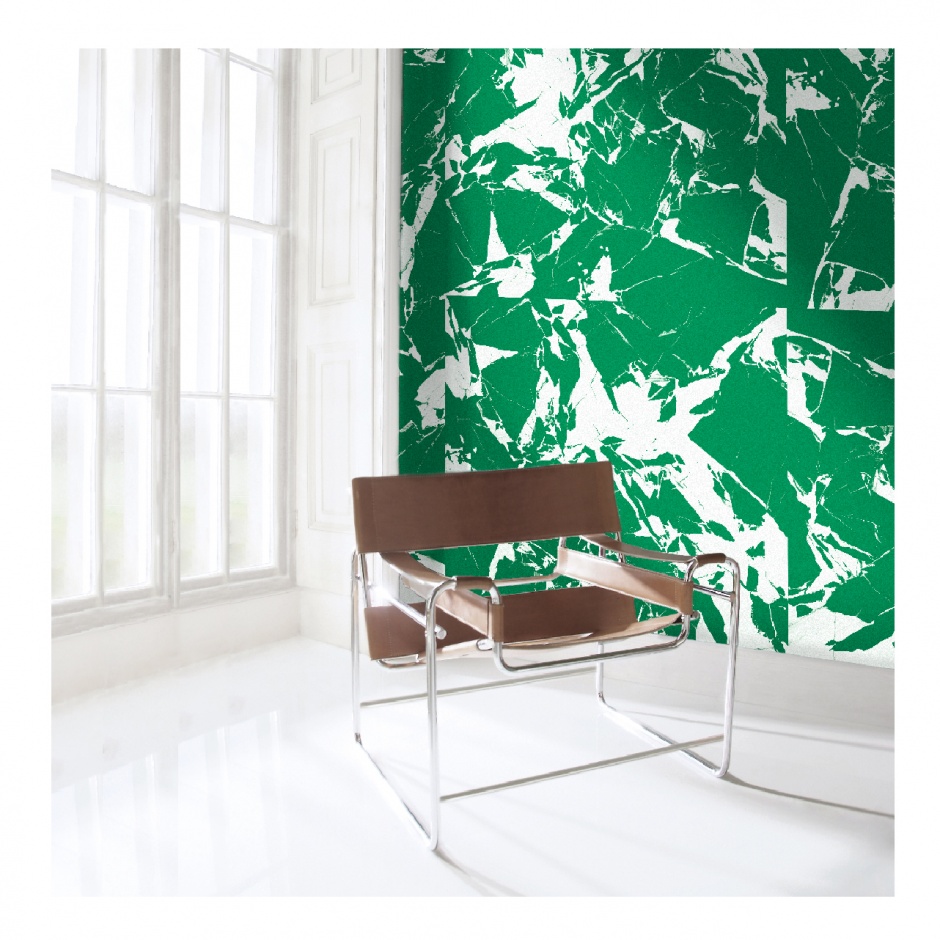
Moreover, we are in an era of co-creation, of co-branding. My independence allows me to create new collaborations by inviting talents such as Mathias Kiss, Céleste Mogador and Coco Brun or to create in partnership with other brands and editors such as Tarkett.
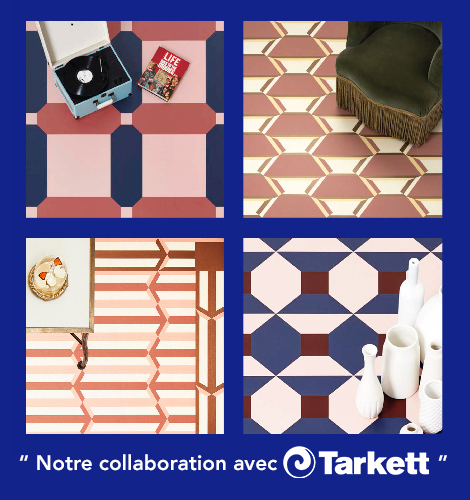
SM: As a design studio, what benefits do you gain from these collaborations and partnerships, and how do you see the future of co-creation/branding?
AP: The time has come to mutualize strengths and expertise. It’s an chance to develop products that I couldn’t edit, such as furniture for example, which is not part of Beauregard Studio’s core business.
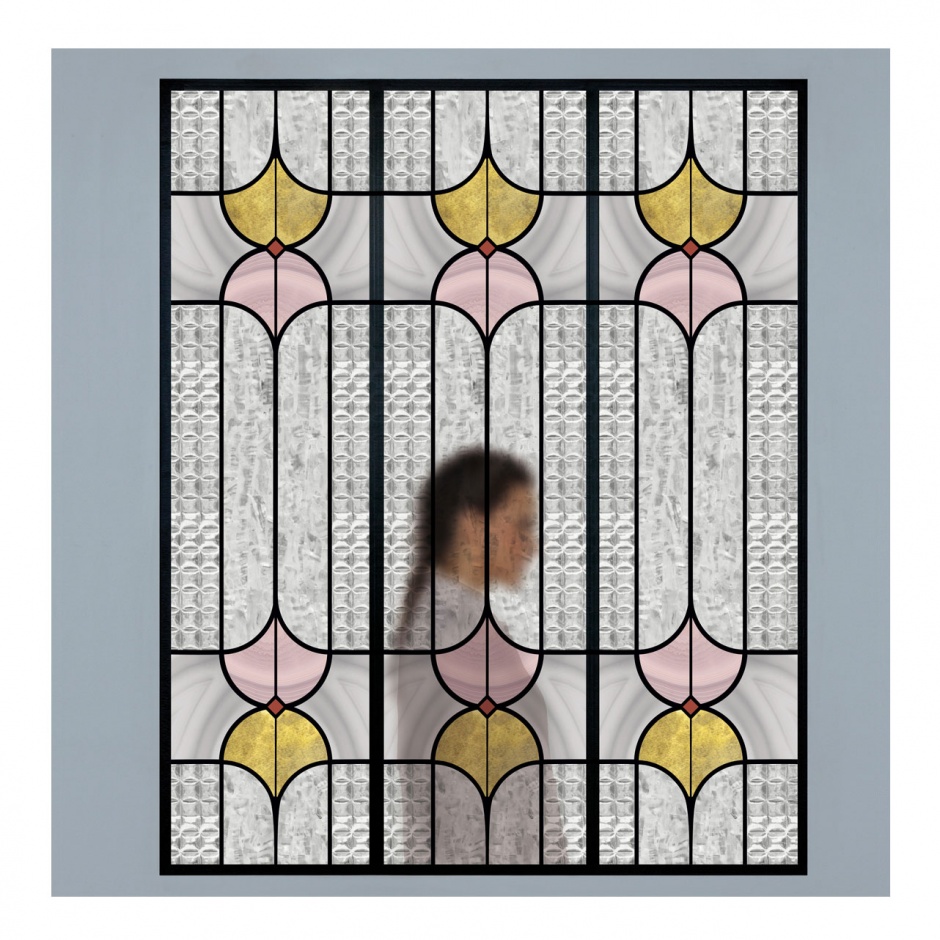
Co-branding is a real opportunity for two corporate visions to meet and become one through collections. It is also the guarantee of a quality creative product for the consumer.
Design thinking has become benevolent and resilient. This new value is gaining strength in the market and complements the purely marketing services that can have a negative impact on products and the legitimacy of designers.
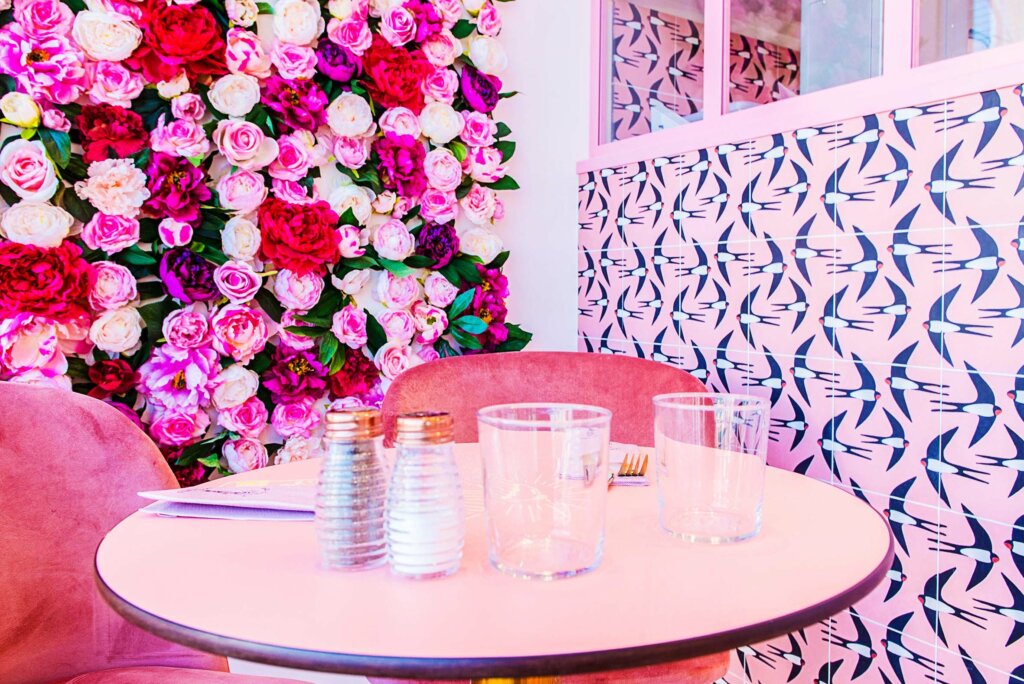
SM: What is the importance of eco-design today and even more so tomorrow?
AP: Sustainability and eco-design are at the heart of any creative strategy, with design’s vocation to create new classics. In my area of expertise, the graphic and aesthetic design of an object contributes to its longevity, helping users to appreciate it and become attached to it, thus preserving it.
SM: Given the health and social crisis, to what new usages will the design sector have to adapt?
AP: The COVID crisis has allowed teleworking to play a considerable role, transforming living spaces within the home. As a result, interior design and decoration will have to be rethought to (de) compartmentalize and embellish spaces, and to design furniture and modular objects.
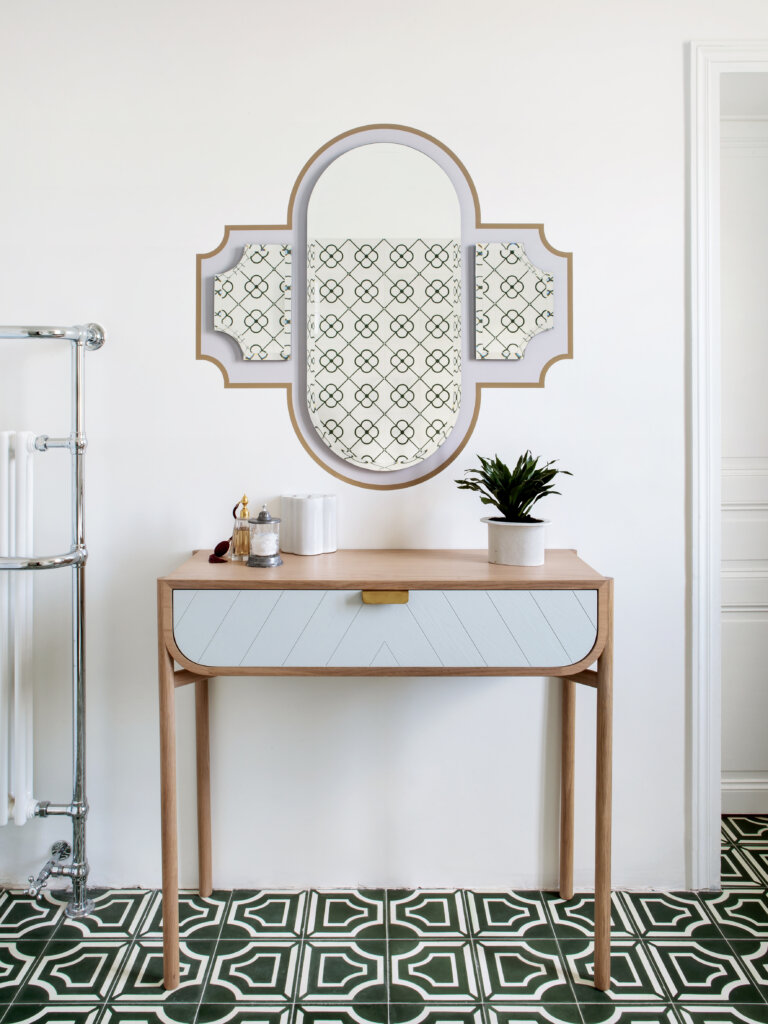
I would say that decoration will have to respond to a new form of “personal development” where service will return to the heart of the profession, both in purchasing a product and in providing support and where beauty will come from the usefulness that comforts and secures.
We will continue to share with you the innovative visions of inspirational Brands and personalities . For your projects, our consulting teams are at your side to support you. Let’s keep in contact




